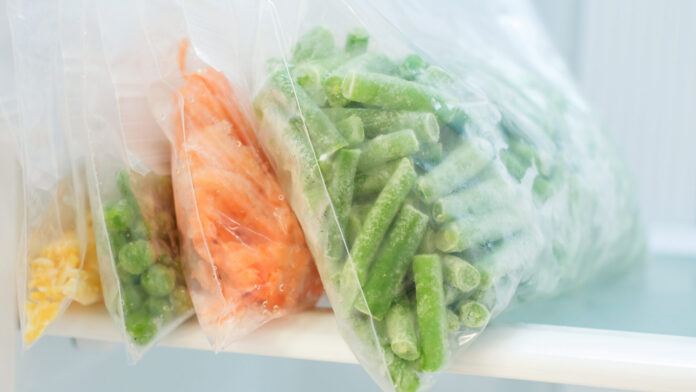Freezing Food: Harm or Benefit
Summer and fall are perfect for stocking up on seasonal fruits and vegetables. Many can be frozen for winter use: broccoli, peppers, pumpkin, cauliflower, eggplant, green beans, spinach, celery root, tomatoes, herbs, zucchini, and berries—all are great for freezing.
A study published by the U.S. National Library of Medicine found that blanching vegetables before freezing them for up to two months doesn’t affect their phytochemical composition. Additionally, ice crystals break down berry tissues, making anthocyanins easier to absorb.
During the fall and winter, root vegetables, fermented foods, and long-lasting fruits are beneficial. A healthy diet includes vegetables, meat, poultry, fish, eggs, and quality fats.
More read here: Vitamin retention in eight fruits and vegetables: a comparison of refrigerated and frozen storage




